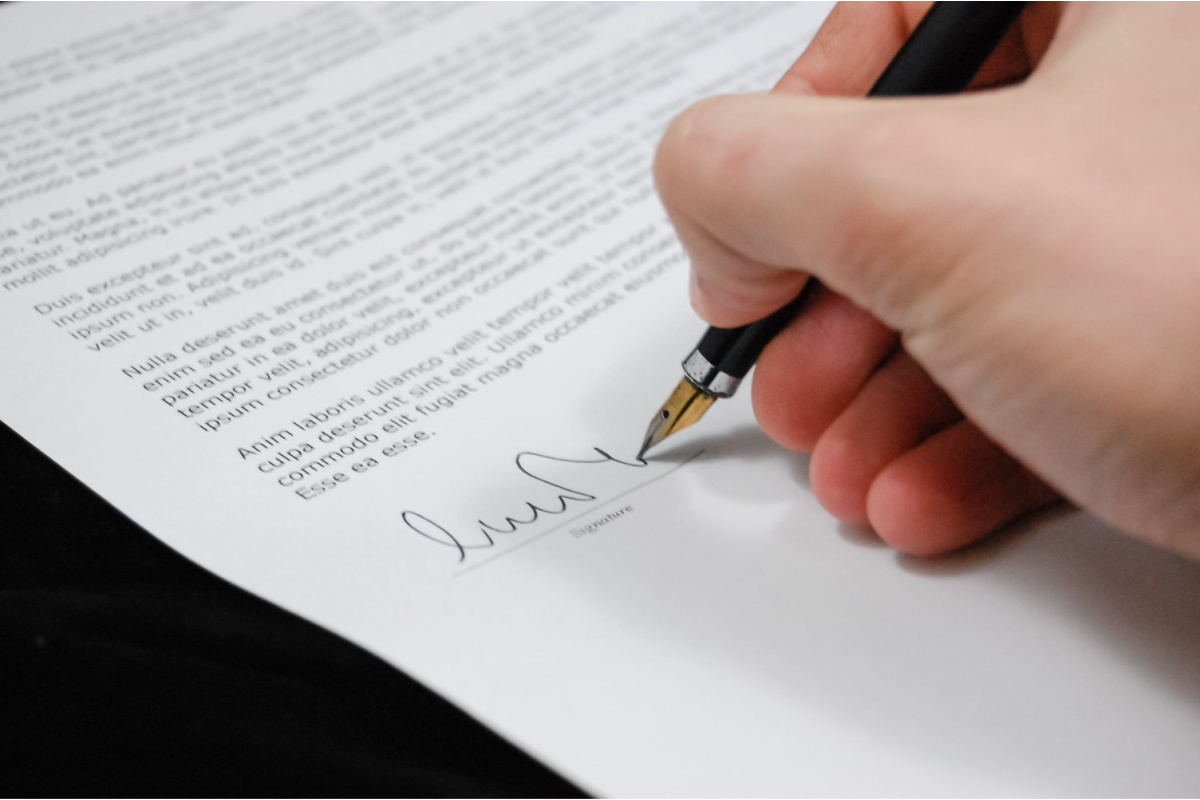Not every Chapter 13 bankruptcy case is successful. The debtor’s case is sometimes dismissed or withdrawn before the plan is completed. Just because your case was dismissed, it does not mean you should not seek protection again in Chapter 13 bankruptcy again. There are numerous reasons why a Chapter 13 case may fail. Most commonly, the debtor falls behind on their payments to the Trustee, their mortgage, or both. A debtor’s income may have gone down temporarily, or they may have lost a contribution that helped them maintain their budget. Their expenses may have gone up or they may have experienced a short term or large one-time expense that caused them to fall behind. No matter what caused their case to fail, there are certain scenarios that may occur where it makes sense for a debtor to refile their Chapter 13 bankruptcy case.
Chapter 13 bankruptcy is often used by debtors to save their home from foreclosure. Once a bankruptcy stay is lifted (either by motion or by the dismissal of the case), the foreclosure process may continue. Refiling for Chapter 13 bankruptcy may give these homeowners a new automatic stay and a new 60-month payment plan that may be more affordable they your prior plan.
Has the hardship that caused default has abated?
When a Chapter 13 bankruptcy fails there is often a hardship that has caused the debtor to fall behind on their payments to the Chapter 13 Trustee. This can be the loss of a job, a reduction in income, illness, the death of a family member or a number of other reasons. If the hardship that caused your Chapter 13 bankruptcy case to fail has been resolved, you may want to re-evaluate your situation to see if refiling your case makes sense.
Have your income and expenses changed?
A key component in determining whether to refile your case involves analyzing your budget. Have your income and expenses changed since your Chapter 13 case was dismissed or withdrawn? Essentially, do you have enough income left over at the end of the month to afford a Chapter 13 plan? Depending on the amount of debt that was paid in your prior case and on any liabilities accrued after your filing, your monthly payment to the Chapter 13 Bankruptcy trustee may be significantly less or more than your prior case. For example, you may have paid a significant portion of your debt in your prior case. This would make your payment much lower in a new Chapter 13 case. In this example, refiling your plan may be feasible. Alternatively, if you have new tax liabilities that occurred post-petition, your plan payment may increase, and it may not be feasible to refile a Chapter 13 Bankruptcy.
Will there be an automatic stay?
One important consideration when refilling a Chapter 13 bankruptcy is whether you will be able to obtain a new automatic stay when your new case is filed. Typically, when a bankruptcy petition is filed, an automatic stay is put into place that ceases all collection by creditors. See 11 U.S.C. § 362. This includes continuing to prosecute lawsuits and enforce judgments. It stops wage garnishment and frozen bank accounts and will cancel pending foreclosure auctions. However, a debtor who files more than once during a one-year period, has restrictions placed upon them.
If you had filed a prior bankruptcy case within a one-year period, you only receive a 30 day stay, and if you had two or more cases, no stay goes into effect. These restrictions can be overcome, and a stay will be either extended or put into effect, if the debtor is able to show by clear and convincing evidence at a hearing that they filed the instant case in good faith.
Are you saving a home from foreclosure?
If you are attempting to save your home from foreclosure, refiling a Chapter 13 bankruptcy may be your best option if you will be able to obtain a new automatic stay to pause the foreclosure lawsuit filed against you. If you had paid down a significant portion of your pre-petition arrears in your prior case and you are able to refile before your post-petition arrears grow, a new Chapter 13 bankruptcy will give you a new 60-month plan that may be much more affordable than in your prior case. Furthermore, the mortgage lender must accept the payments from the Trustee. Outside of Chapter 13 bankruptcy, a mortgage lender will typically only accept full reinstatement (the total arrears of the debtor, plus all relevant fees) in a lump sum. While only a handful of borrowers may have the resources available to them to reinstate their loan, Chapter 13 bankruptcy offers a much more affordable means to save a home and is feasible to many homeowners in foreclosure by restructuring the reinstatement into a 5-year payment plan.
Do you need to wait 180 days before refiling a Chapter 13 bankruptcy case?
Pursuant to 11 U.S.C. §109(g), you may have to wait 180 days (6 months) to refile a Chapter 13 bankruptcy case, if your case was dismissed upon your request after a creditor filed a motion to lift the automatic stay. Additionally, you would need to wait 180 days to refile if “the case was dismissed by the court for willful failure of the debtor to abide by orders of the court, or to appear before the court in proper prosecution of the case”.
Contact the Law Offices of David I. Pankin, P.C.
Even if you have unsuccessfully attempted Chapter 13 bankruptcy in the past, especially if you were trying to save your house from foreclosure, that does not mean you should not try again. If your Chapter 13 case was either dismissed or withdrawn, you may want to speak with an experienced Chapter 13 bankruptcy attorney. At the Law Offices of David I. Pankin, P.C. we have over 25 years of experience helping debtors obtain a fresh financial start through Chapter 13 bankruptcy. This includes helping hundreds of homeowners save their homes from foreclosure. You can contact our office to arrange a free consultation at 888-529-9600 or by using our easy online contact form.






